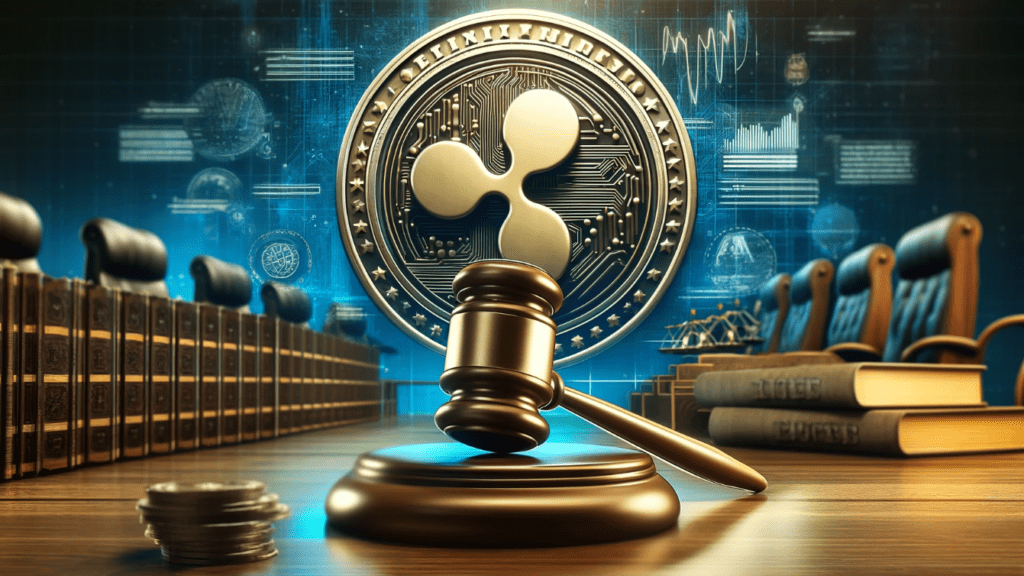Ripple Faces SEC Objections Amid Ongoing Legal Dispute
On May 7, 2024, Ripple Labs encountered a significant challenge in its ongoing legal battle with the U.S. Securities and Exchange Commission (SEC). The SEC has recently submitted a detailed remedies reply brief against Ripple Labs, its CEO Bradley Garlinghouse, and co-founder Christian A. Larsen, highlighting ongoing concerns over unregistered securities.
Concerns Over Ripple’s Operations and New Stablecoin
The SEC’s filings argue that Ripple has been conducting unregistered sales of XRP since 2013 and plans to introduce a new, yet unnamed and unregistered crypto asset. This move is believed to be Ripple’s anticipated US dollar-pegged stablecoin, intended to be backed by US dollar deposits and short-term US government securities.
Legal and Regulatory Repercussions
Stuart Alderoty, Ripple’s Chief Legal Officer, has publicly criticized the SEC for what he perceives as overreach and a disregard for global regulatory frameworks. He accused the SEC of attempting to deceive the court and expressed confidence that the court would handle the remedies phase fairly.
SEC’s Tightening Grip on Crypto Regulation
This legal development aligns with the SEC’s broader strategy to impose stricter regulations on the cryptocurrency industry, as articulated by SEC Chairman Gary Gensler in a recent interview. Gensler emphasized the need for investor protection and the problematic nature of the current crypto market practices.
Gensler’s Take on Ethereum and Market Integrity
While discussing regulatory oversight, Gensler avoided classifying Ethereum as either a commodity or a security. Instead, he stressed the necessity for proper investor disclosures and criticized the conflict-ridden practices of intermediaries in centralized crypto markets.
Impact on the Crypto Industry
The SEC’s assertive approach may lead to significant regulatory clarifications that could reshape the operations of the crypto industry and affect global market trends. This ongoing case between Ripple and the SEC serves as a critical test of the balance between fostering crypto innovation and ensuring regulatory compliance to protect investors and maintain market integrity.












